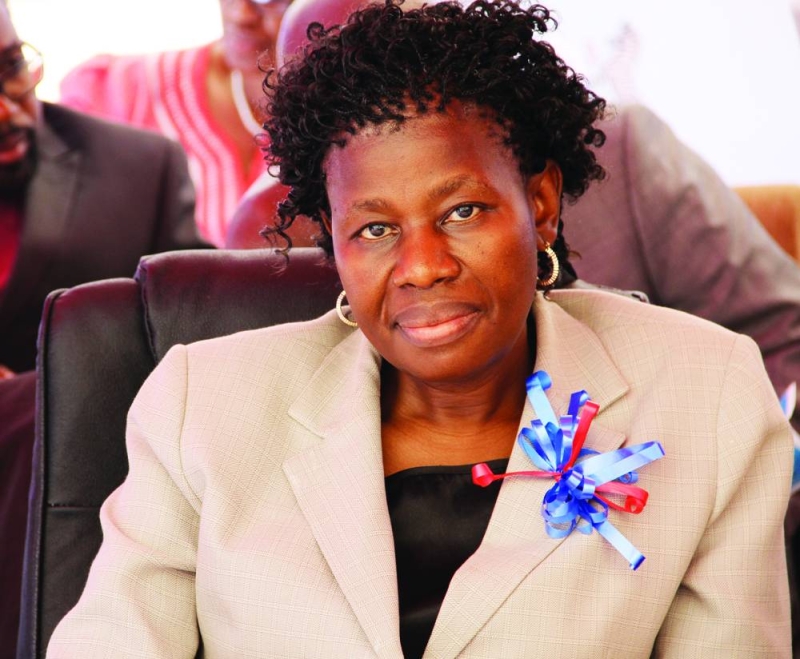Burden of malnutrition a concern—Muzila
Nnasaretha Kgamanyane | Tuesday September 13, 2022 06:00


Speaking at the launch of the African Union Theme of The Year on Nutrition held in Gaborone on Friday, she said nutrition is a human rights issue, addressed this year under the theme 'Strengthening Resilience in Nutrition and Food Security on the African Continent: Strengthening Agro-Food Systems, Health and Social Protection Systems for the Acceleration of Human, Social and Economic Capital Development'.
“Nutrition concerns each one of us irrespective of where we live. It is central to public health, poverty reduction, sustainable development, and in our case Botswana, achievement of our Vision 2036 ideals. It is in that regard that strengthening resilience in nutrition and food security in the African continent remains a top agenda item at the moment, and there is a need to ensure greater food security at national levels,” Muzila said.
'Safe food is not only a human rights issue, but it also enhances national economies, trade and tourism, as well as contributing to nutrition security in our parts of the world.” She further explained that in pursuit of food safety and sufficiency, they had to ensure that they promote the process of technology-transfer, and adoption of integrated value chains with adequate market access at all levels, which would significantly contribute to economic stimulation.
Muzila added that the commitment made seven years ago by the global community was to end hunger, food insecurity, and all forms of malnutrition by 2030. She noted that nearly 828 million people across the globe were affected by hunger in 2021, an increase by 150 million since 2019. She pointed out that should those trends continue, the world would not achieve Zero Hunger by 2030, as intended.
Muzila also added that the continental nutrition accountability scorecard launched by the African Union and the Africa leaders for Nutrition (ALN) in 2019, indicated that globally, 150.8 million children under five years were stunted and 58.7 million of those stunted were in Africa. “The report also specified that only seven-member states have stunting rates below 19%, while 15-member states have child wasting prevalence below five percent.
The report further shows 38-member states have women’s anaemia prevalence of more than 30%, whereas only 18-member states have at least 50% of infants exclusively breastfed.
This unflattering statistics shows that we have a long way to go, in attaining our targets. Africa should double its efforts, not only in ensuring food sufficiency, but also by committing to improving the nutritional status of its people, particularly women and children,” she explained. For his part, Minister of Health Edwin Dikoloti said human capital remained key for economic development and prosperity as it leads to improved livelihoods, higher earnings and improved incomes for countries.
He, however, explained that the global health crisis of COVID-19 greatly exposed economic vulnerability as African countries as well as the weaknesses of health and food systems.
“The gains we have made over the years in our fight against malnutrition have been dented by the COVID-19 pandemic; hence the need to collaborate more than ever before to strengthen social protection systems and safeguarding access to food and nutrition for the most vulnerable groups in our communities,” Dikoloti said. “Today’s theme is appropriate and fitting, as it seeks, not only to celebrate the gains made in nutrition; and focuses the continent on maintaining stronger political momentum on nutrition, but also challenges member states to earnestly contribute towards ending all forms of malnutrition in Africa.”
